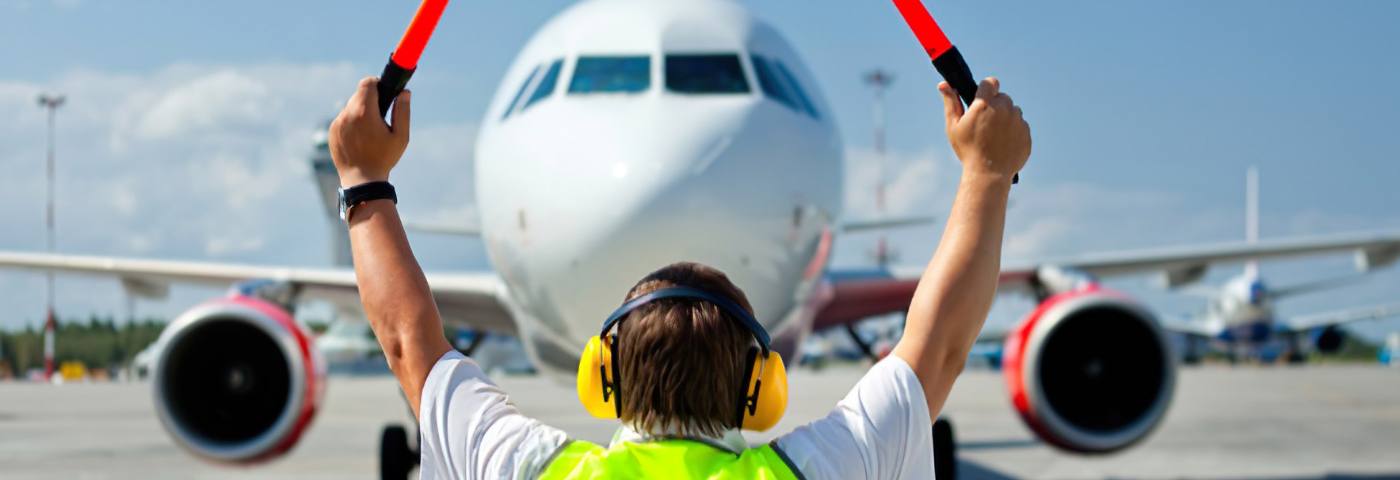As the awareness of the perils of climate change grows, there is increasing criticism of aviation. As the impacts of climate change become more prominent and more dangerous for many people, we can expect the criticism of aviation to grow louder.
For many developing countries, the challenge of climate change is a significant threat, and for some an existential threat. Aviation is essential to their tourism trade; tourism is an important part of their economy, necessary to enable them to import food, medicines and technology for their development. But, aviation is a major contributor to climate change, that threatens them.
The problem is not flying, the problem is the fuel they burn. The problem is carbon.
WTM wants to encourage the development of alternative fuels to ensure the long term prosperity of the industry and the communities which rely on tourism for their livelihoods. Some future-proofing the industry.
Back in April 2019 I wrote on the WTM blog that the aviation industry is our sector’s Achilles’ heel. We need the aviation sector to shape up and become less reliant, much less reliant on carbon. This is essential to the future of tourism, particularly in the developing world.
There is an alternative.
Working with Paul Peeters and Chris Lyle we brought together some leading scientists working on decarbonising aviation to showcase the rapidly emerging alternatives.
Paul Peeters opened the symposium describing the scale of the problem and the urgency of addressing it. Harry Lehman explained that the challenge was to find a way of decarbonising fuel without needing to change the existing aviation infrastructure through synthetic fuels dramatically. Carola Kantz describes how these new synthetic fuels can be used in conventional jets.
Setting the scenario
History and future prospects of e-Fuels
Synthetic e-Fuels in conventional jet…
Marc Stettler shares his research on the non-CO2 pollution caused by burning carbon fuels. Joris Melkert discusses electric aircraft and concludes with an analysis of the range of ways in which aviation impacts can be reduced. Daniel Juschus shares a conceptual design for a 19-seat fuel cell aircraft, followed by a broader perspective on this innovative propulsion technology.
Non CO2 impacts e-Fuels (new trade off avoiding contrails; other)
The conditions for electric flight and the limitations of batteries
Why fuel cell aircraft are an important part of a carbon free future for aviation
Perciles Pilides describes how hydrogen can fuel larger aircraft. Gustao Alonso details the research agenda for CleanSky3 and Gerard Rijk considers the investors’ focus. Finally, Job Rosenhart discusses the policy options for governments including mandated e-fuel shares.
Hydrogen fuel for medium long range aircraft?
Research agenda CleanSky3
Increasing private appetite for sustainable investments
Policy Example; Mandated e-Fuel shares
You can watch the full symposium here – there was a Q&A in the final 15 minutes.
It is time for change.
There is a forum for discussion of decarbonising aviation. Share your views and engage with others, ask questions and expect answers.

